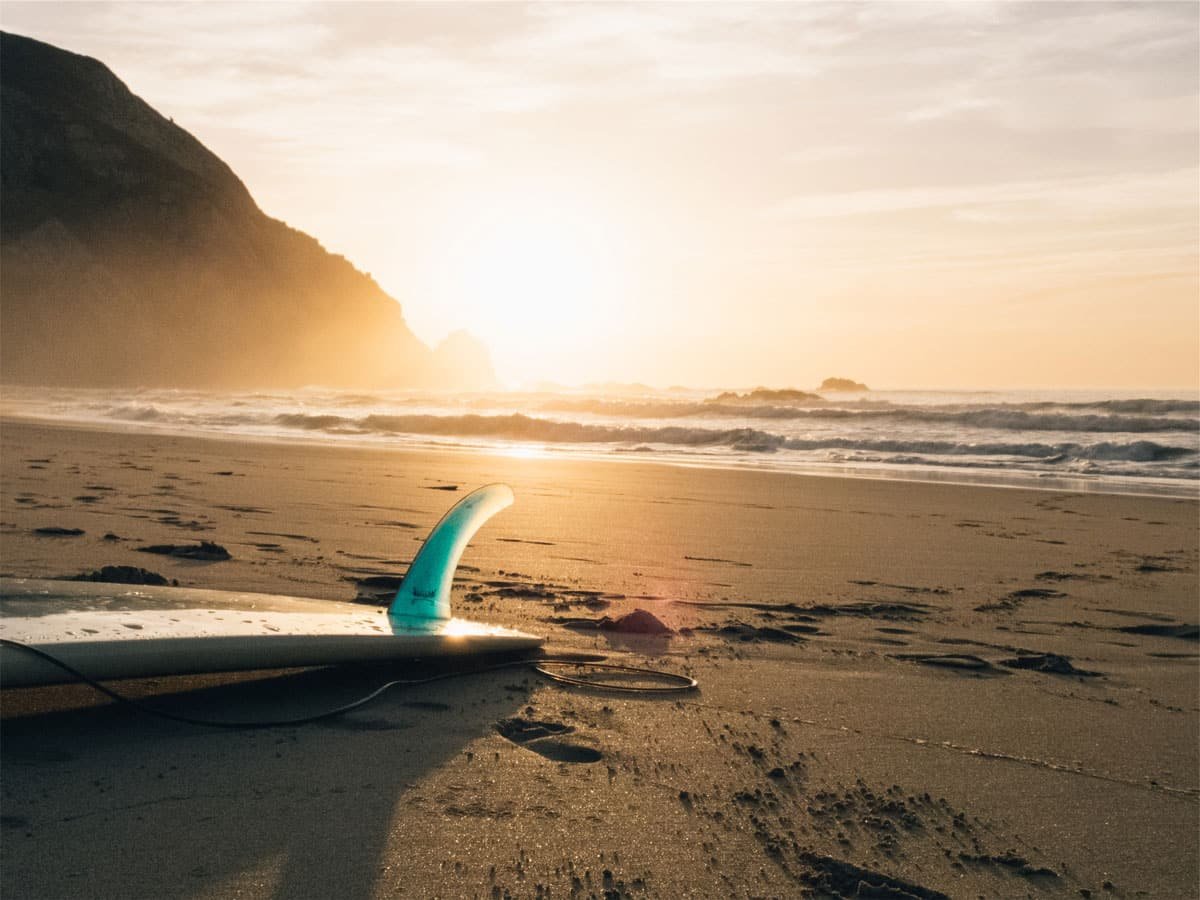Saltwater fishing is a diverse and rewarding sport that requires a combination of knowledge, skill, and commitment to marine conservation. It offers a wide range of species and techniques for both novice and experienced anglers. A valid fishing license is necessary, and responsible fishing practices are essential to preserve fish populations and habitats for future generations. Inshore fishing techniques, catch and release methods, and proper gear selection are vital for a successful experience. By mastering these fundamentals and staying informed about local regulations and environmental conditions, anglers can refine their skills and increase their catch rates, discovering the secrets of this intriguing sport.
Key Takeaways
- A valid fishing license is required for saltwater fishing, and responsible fishing practices are essential for marine conservation.
- Understanding targeted species' behavior and habitats is vital for locating and catching fish in saltwater fishing.
- Selecting appropriate gear, including rods, reels, lines, and lures, is crucial for a successful saltwater fishing experience.
- Practicing catch-and-release techniques and gentle fish handling promotes fish survival and is essential for responsible saltwater fishing.
- Consulting local tide charts and adapting to environmental conditions is crucial for success in saltwater fishing.
Saltwater Fishing Basics
Saltwater fishing offers a diverse range of species and techniques that cater to both novice and experienced anglers, making it a rewarding and exciting experience for all. This versatility allows anglers to choose their preferred fishing style, from shallow water flats to deep sea fishing. Regardless of the approach, it is essential to obtain a valid fishing license, which can be purchased or renewed online or by phone. In addition, saltwater fishing requires a commitment to marine conservation, ensuring the long-term sustainability of fish populations and their habitats. By adopting responsible fishing practices and respecting the marine environment, anglers can contribute to the preservation of this valuable resource for future generations.
Inshore Saltwater Fishing Tips
When planning an inshore trip, consulting a local tide chart is essential to synchronize your fishing excursion with the ideal tidal movement. Understanding tidal patterns can greatly improve your chances of catching fish. Record your observations in a fishing journal to identify patterns and refine your strategy. Choose the right spinning rod and reel combo, ideally a 7-foot, medium-weight combo rated for 10-20 pound test line. Opt for live or natural baits like shrimp or baitfish for consistent action. Keep live bait in a covered bucket or livewell to preserve their survival. By following these inshore saltwater fishing tips, you'll boost your chances of a successful and enjoyable fishing trip.
Catch and Release Techniques
Practicing catch and release fishing requires a thoughtful approach to guarantee the survival of released fish, and it begins with careful handling techniques. Angler ethics dictate that fish be handled gently to prevent injury and stress. Proper fish handling involves minimizing air exposure, avoiding touching the gills or eyes, and using barbless hooks to reduce injury. When releasing fish, do so quickly and humanely to maximize survival rates. It is essential to prioritize fish welfare and adhere to responsible fishing practices. By adopting these catch and release techniques, anglers can contribute to the conservation of saltwater fish populations, ensuring a sustainable fishing experience for future generations.
Saltwater Fishing Gear
Selecting the appropriate gear is essential to achieving success in saltwater fishing, as the type of tackle and equipment used can profoundly impact the quality of the fishing experience. Understanding fishing regulations and maintaining gear are essential aspects of saltwater fishing. Familiarize yourself with local fishing regulations to comply and avoid fines.
Three essential gear components are:
- Rods and Reels: Choose a rod and reel combo suitable for the species and fishing technique used.
- Lines and Leaders: Select a line and leader material that can withstand the strength of the targeted species.
- Hooks and Lures: Use hooks and lures that are durable and resistant to corrosion in saltwater environments.
Regular gear maintenance is necessary to prevent equipment failure and guarantee a successful fishing trip.
Fishing Techniques and Strategies
Effective saltwater fishing techniques and strategies involve understanding the behavior and habitats of targeted species, as well as adapting to various environmental conditions. To increase catch rates, anglers must employ the right tactics for specific species and environments. Bottom fishing, for instance, is effective for species like grouper and snapper, while trolling strategies are better suited for pelagic species like mahi-mahi and marlin. When bottom fishing, you must utilize appropriate tackle and bait, such as live or cut bait, and fish near structural features like reefs or wrecks. Trolling strategies, on the other hand, require the use of lures or baitfish and a thorough understanding of ocean currents and temperature gradients. By mastering these techniques, anglers can substantially improve their chances of landing their target species.
Learning Saltwater Fishing Essentials
As anglers seek to improve their skills and knowledge, understanding the fundamentals of saltwater fishing becomes essential for success in this dynamic and challenging environment. Saltwater fishing requires a deep understanding of fish habitat and saltwater communities, which are vital for locating and catching fish. To learn saltwater fishing essentials, start by:
- Understanding fish behavior: Study the migratory patterns, feeding habits, and habitats of target species to increase your chances of catching them.
- Choosing the right gear: Select rods, reels, lines, and lures suitable for the species and fishing technique used.
- Practicing catch-and-release techniques: Handle fish gently, use barbless hooks, and release fish quickly to promote their survival.
Saltwater Fishing Resources
Numerous online resources, instructional guides, and fishing communities are available to support anglers in refining their saltwater fishing skills and staying updated on the latest techniques and best practices. These resources provide valuable information on gear, tackle, and techniques, as well as access to fishing communities and online forums where anglers can share experiences and learn from each other.
| Resource | Description |
|---|---|
| Online Forums | Discuss saltwater fishing techniques and share experiences with fellow anglers |
| Fishing Communities | Join local and online communities to connect with other saltwater anglers |
| Instructional Guides | Learn new techniques and improve skills with step-by-step guides |
| Webinars and Videos | Watch expert anglers share their knowledge and skills |
| Mobile Apps | Stay up-to-date with fishing reports, weather forecasts, and regulations on-the-go |
Improving Your Fishing Skills
Refining your saltwater fishing skills requires a combination of knowledge, practice, and patience, as well as a willingness to adapt to changing environmental conditions and fishing regulations. To improve your skills, consider the following:
- Seek guidance from Fishing Mentors: Learn from experienced anglers who can share their expertise and provide valuable insights on specific fishing techniques and strategies.
- Join Fishing Communities: Connect with other anglers through online forums, social media groups, or local fishing clubs to share knowledge, ask questions, and learn from others.
- Practice and experiment: Try out new techniques, tackle, and gear to develop your skills and find what works best for you.
Frequently Asked Questions
How Do I Store My Fishing Gear When Not in Use?
When not in use, store fishing gear in a designated area, such as a fishing closet, utilizing gear organization systems like hooks, bins, and shelves to maintain accessibility and prevent damage.
Can I Fish in Saltwater Areas During Wildlife Breeding Seasons?
Did you know that 70% of marine species rely on coastal habitats for breeding? When considering fishing in saltwater areas during wildlife breeding seasons, it is crucial to respect wildlife habitats and breeding patterns, ensuring responsible angling practices to preserve marine ecosystems.
Are There Any Age Restrictions for Obtaining a Saltwater Fishing License?
In most jurisdictions, there are no age restrictions for obtaining a saltwater fishing license, promoting fishing accessibility and youth opportunities, although some states offer discounted licenses for minors or seniors.
Can I Fish at Night in Designated Saltwater Fishing Areas?
At night, tidal movements and moon phases profoundly impact fishing success. In designated areas, nighttime tides can create ideal conditions for moonlight catches, but researching local regulations and obtaining necessary permits before engaging in nocturnal fishing activities is crucial.
Do I Need a Separate License to Fish From a Pier Versus a Boat?
As a sailor navigates through regulatory waters, a distinct chart plots a clear course: a single recreational fishing license suffices for both pier and boat fishing, with pier fees and boat permits serving as supplementary requirements.
Conclusion
In summary, mastering saltwater fishing requires a synthesis of knowledge, skill, and responsible practices. As the complexities of marine ecosystems unfold, can one truly claim to be a skilled saltwater angler without embracing sustainable techniques? By refining gear, techniques, and strategies, anglers can optimize their experience while preserving the delicate balance of the ocean's ecosystem.









